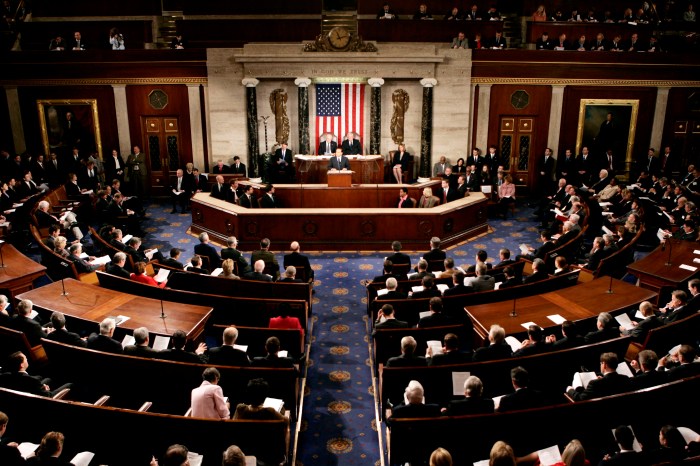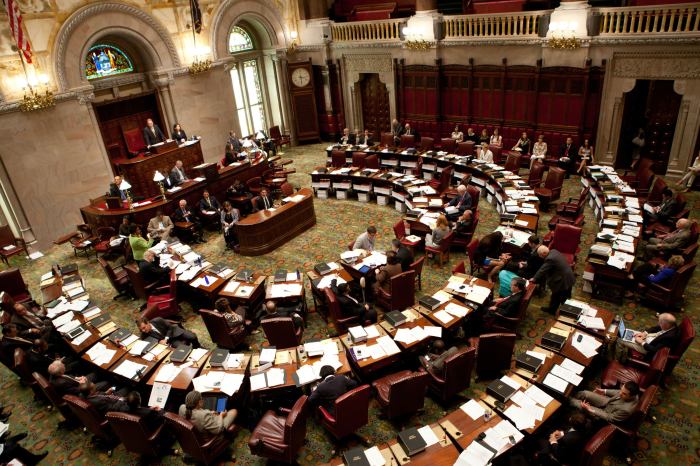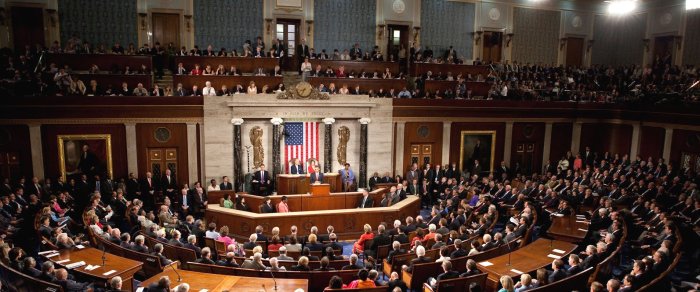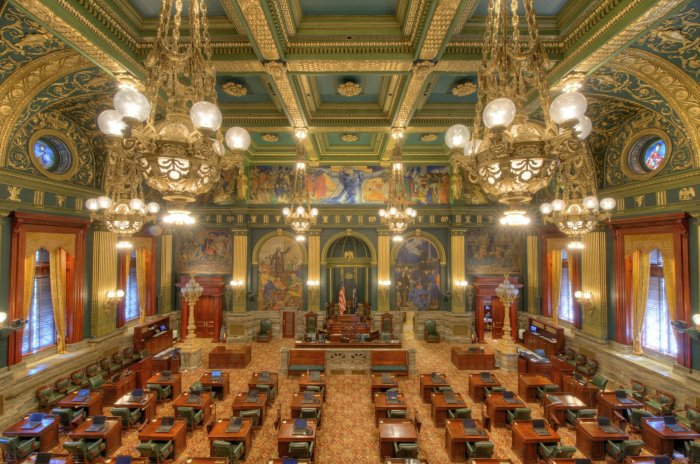Type of legislative body crossword – Embark on an enlightening journey into the realm of legislative bodies, exploring their diverse types, compositions, powers, and limitations. From unicameral to bicameral structures, we delve into the intricacies that shape these influential institutions.
This comprehensive guide unveils the functions and responsibilities of legislative bodies, shedding light on their crucial role in the political process. Discover how they represent the interests of their constituents and impact public policy.
Types of Legislative Bodies

Legislative bodies are institutions that make laws and policies for a particular jurisdiction. There are different types of legislative bodies, each with its own functions and responsibilities.
Unicameral Legislative Bodies, Type of legislative body crossword
- Composed of a single chamber
- Advantages: Efficient decision-making, direct representation
- Disadvantages: Lack of checks and balances, potential for tyranny of the majority
- Examples: Denmark, New Zealand, Israel
Bicameral Legislative Bodies
- Composed of two chambers (e.g., Senate and House of Representatives)
- Advantages: Checks and balances, representation of different interests
- Disadvantages: Potential for gridlock, indirect representation
- Examples: United States, United Kingdom, Canada
Composition of Legislative Bodies
Legislative bodies can be composed in various ways:
- Elected representatives:Chosen by voters in regular elections
- Appointed representatives:Selected by a higher authority (e.g., the executive branch)
- Hereditary members:Hold their positions based on family lineage or social status
Factors influencing composition include:
- Political system (e.g., democracy, monarchy)
- Electoral system (e.g., proportional representation, first-past-the-post)
- Historical and cultural factors
Questions Often Asked: Type Of Legislative Body Crossword
What is the primary function of a legislative body?
Enacting laws and policies that govern a society.
What is the difference between a unicameral and a bicameral legislature?
A unicameral legislature has a single chamber, while a bicameral legislature has two chambers.
What factors influence the composition of a legislative body?
Electoral systems, population demographics, and historical factors.


